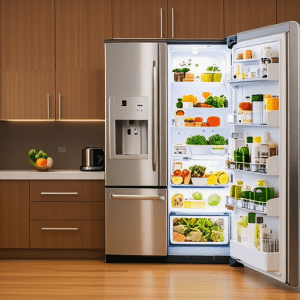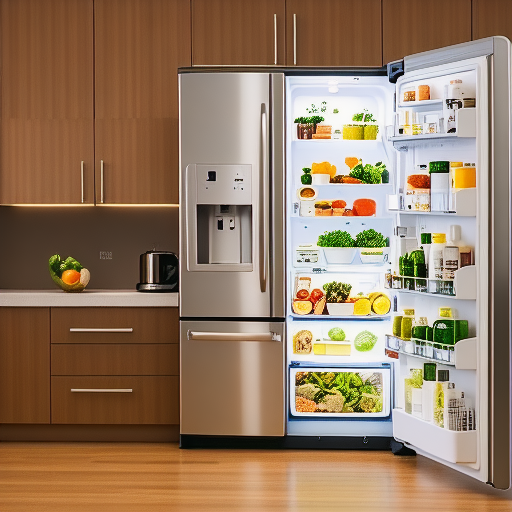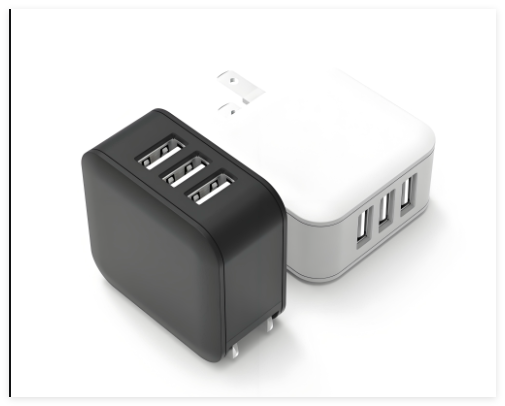How do smart home appliances help achieve a healthier dietary habit?
According to a report by the International Energy Agency (IEA), the global adoption rate of smart home appliances is increasing year by year. It is expected that by 2025, the market share of smart home appliances will reach 30%. This not only means more efficient energy utilization but also implies a healthier lifestyle.

How Smart Home Appliances Help Achieve a Healthier Diet
- Personalized Nutritional Advice: Smart home appliances, such as smart refrigerators and smart cooking devices, can provide personalized nutritional advice by analyzing users’ dietary preferences and health data. For example, smart refrigerators can recommend suitable ingredients based on users’ health conditions and even automatically place orders for purchases.
- Ingredient Management: Smart home appliances can monitor the storage status of ingredients and remind users to consume or deal with food that is about to expire in a timely manner. This not only reduces food waste but also helps maintain the freshness of ingredients, thereby providing a healthier diet.
- Smart Cooking: Smart cooking devices can automatically adjust cooking time and methods according to the characteristics of different ingredients and users’ taste preferences. For example, smart ovens can automatically adjust cooking time based on the thickness and type of ingredients, ensuring the nutrition and taste of the food.
- Health Monitoring and Feedback: The combination of smart home appliances and health monitoring devices can monitor users’ health status in real time and adjust dietary advice based on the monitoring results. For example, smartwatches can monitor users’ physical activity and heart rate, and smart home appliances can adjust dietary plans based on this data.
- Education and Guidance: Smart home appliances can also help users develop good eating habits through education and guidance. For example, smart TVs can play health diet programs to guide users to understand the importance of a healthy diet.
Industry Status and Future Outlook
In the new energy industry, the development of smart home appliances combined with new energy technology is driving the entire industry towards a more efficient and environmentally friendly direction. For example, the use of renewable energy such as solar and wind energy can not only provide energy for smart home appliances but also reduce dependence on fossil fuels and reduce carbon emissions.
According to the “China Smart Home Appliance Market Report,” it is expected that by 2025, the market size of smart home appliances in China will reach 500 billion yuan. This not only shows the huge market potential but also reflects consumers’ pursuit of a healthy lifestyle.
Conclusion
In summary, smart home appliances have great potential in helping to achieve a healthy diet. Through personalized nutritional advice, ingredient management, smart cooking, health monitoring and feedback, and education and guidance, smart home appliances not only improve people’s quality of life but also promote the sustainable development of the entire industry. Let us look forward to a future that is healthier, smarter, and more environmentally friendly!
Thank you, everyone!




Post Comment